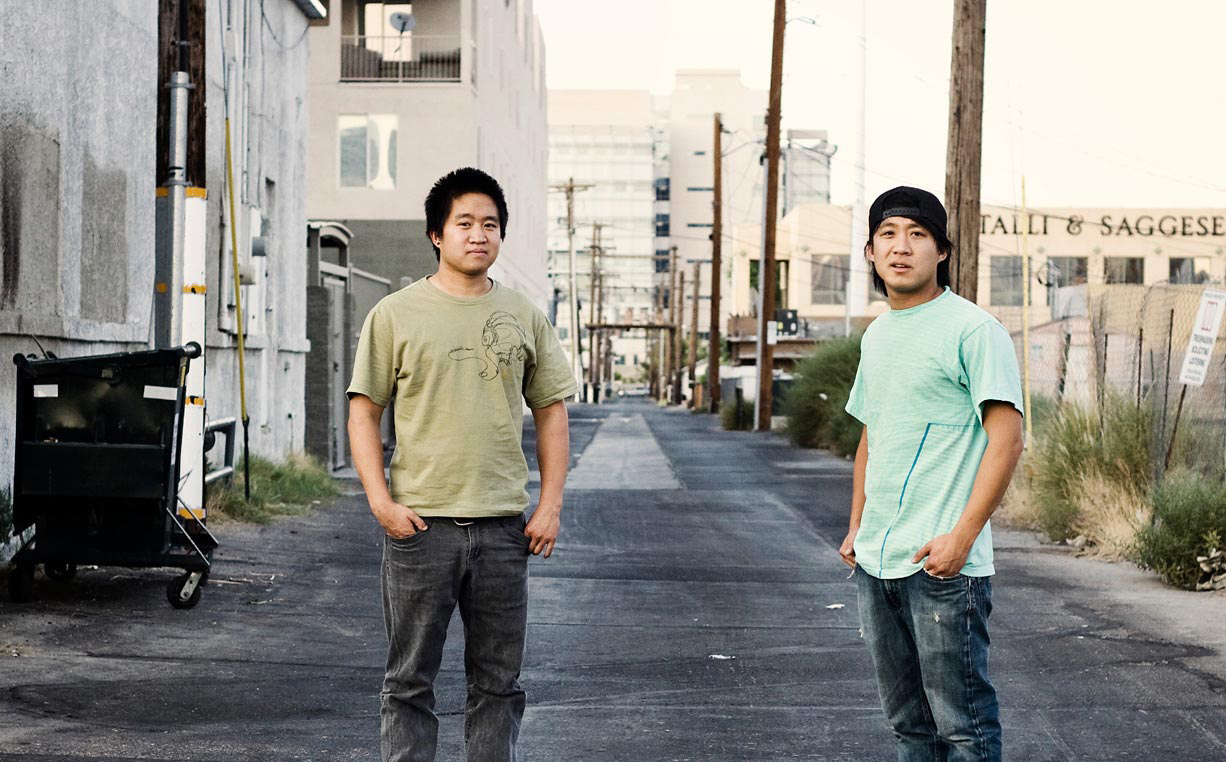Not only were the films upbeat but so were the filmmakers. Like the Chus’ documentary, the films talked about finding freedom in the recession. Independent filmmaking has never been a pursuit for the faint of heart or the financially cautious, but in a time when artists were being advised to play it safe, Blackout attracted films, filmmakers, and an all-volunteer organizational staff that approached the creative tasks with meager funding, little certainty, and lots of chutzpah. It also attracted a crowd of almost 600 people willing to buy $12 tickets.
Inspired by the 2003 Northeast blackout, the festival has happened only once before: on the first anniversary of the power-grid failure. Keefe, then a 25-year-old film-school graduate, was stirred by the sense of possibility and resourcefulness that the city’s unexpected break with routines created. In the intervening years, he shifted his energies to the business world, becoming the vice president of a chain of airport spas.
But the recession made him want to host another festival for the first time in five years. The problem was universal; people could relate to it. Maybe a film festival would help them gain perspective or at least share gripes.
“In the recession, people are forced to change their lives,” Keefe says. “Hopefully they can change them for the better.”
Over the course of two hours, audiences watched and laughed as a Latino in a pickup selected a crew of day laborers from a crowd of corporate bigwigs (“I need two certified public accountants”); a bum and a business man connected on a subway platform; and a group of Wall Street workers battled in a pillow fight (Wall Street Chicken by Martin Menzel).
The film was inspired by a feathery fight Menzel saw in New York’s financial district and a strange piece of information he picked up talking to a stockbroker — they keep pillows at their desks to combat the long work hours. There were also satirical how-to videos — for example, how to write a résumé, make your own soap, and go fuck yourself.
During the nonfiction animated Hala Hala’s Uncommon Economic Indicator, by New York Times cartoonist Isaac Littlejohn Eddy, a Fort Greene convenience-store owner mused on the sudden upsurge in the popularity of energy drinks. People worry during hard times, so “you want an energy drink, you want to work more hours, you want an energy drink.”

